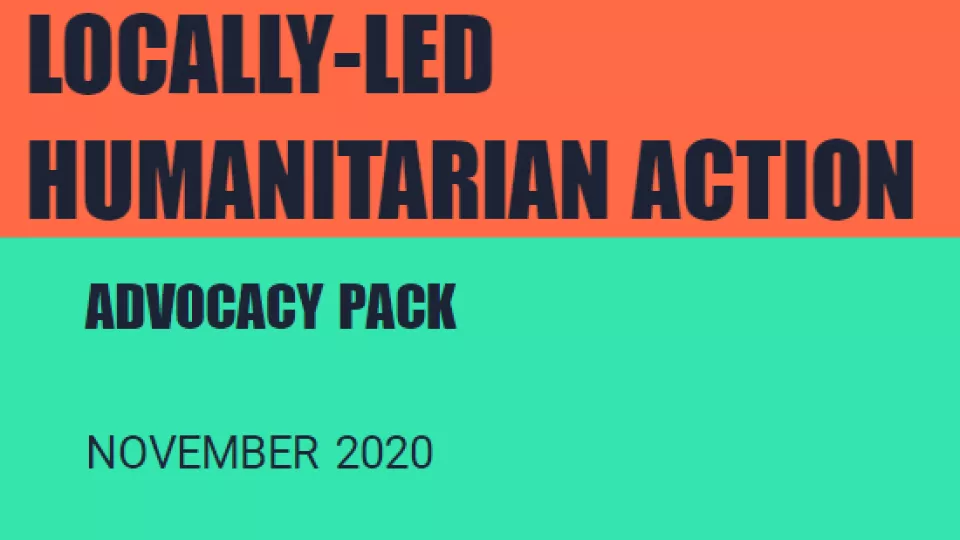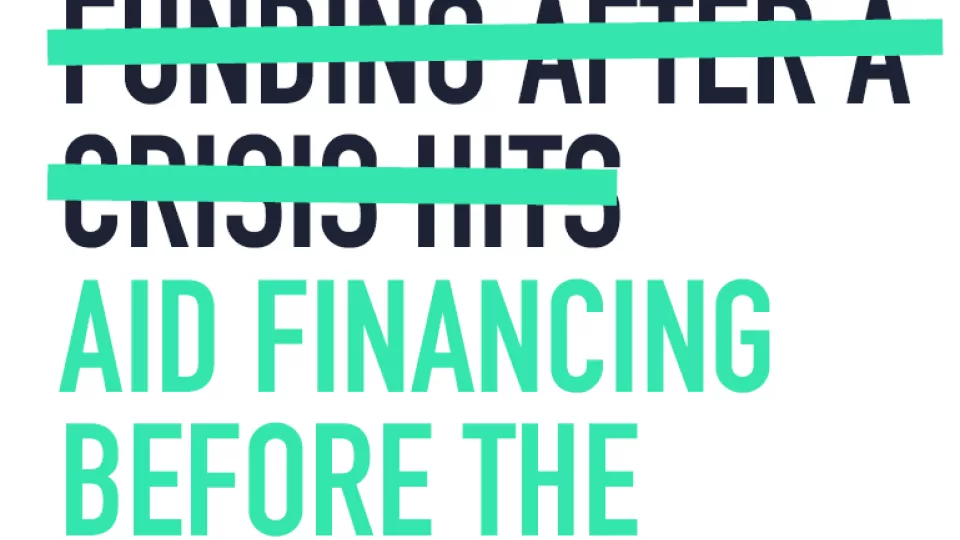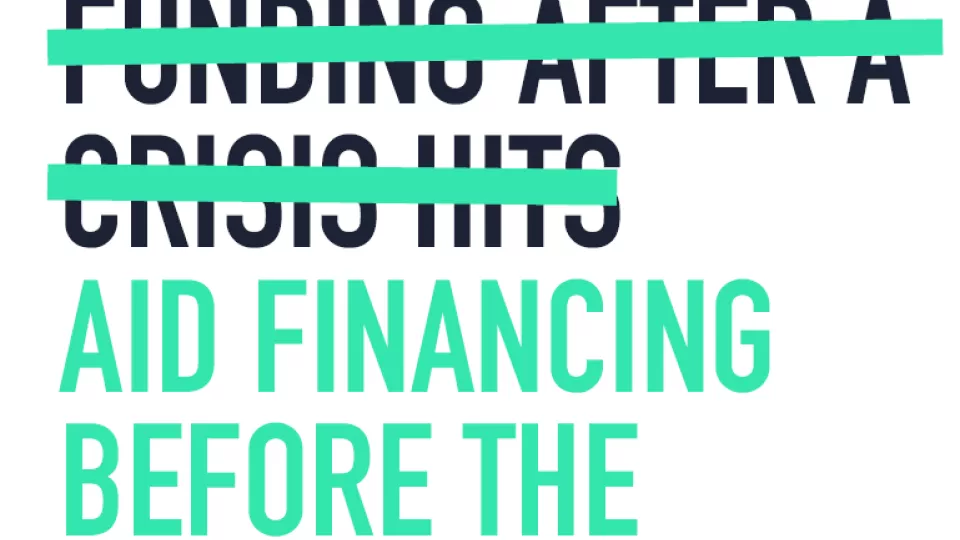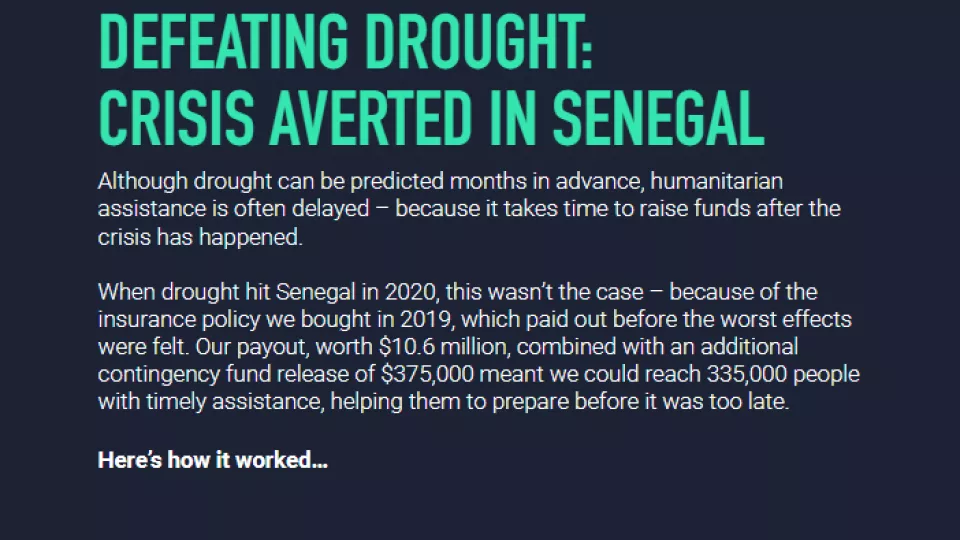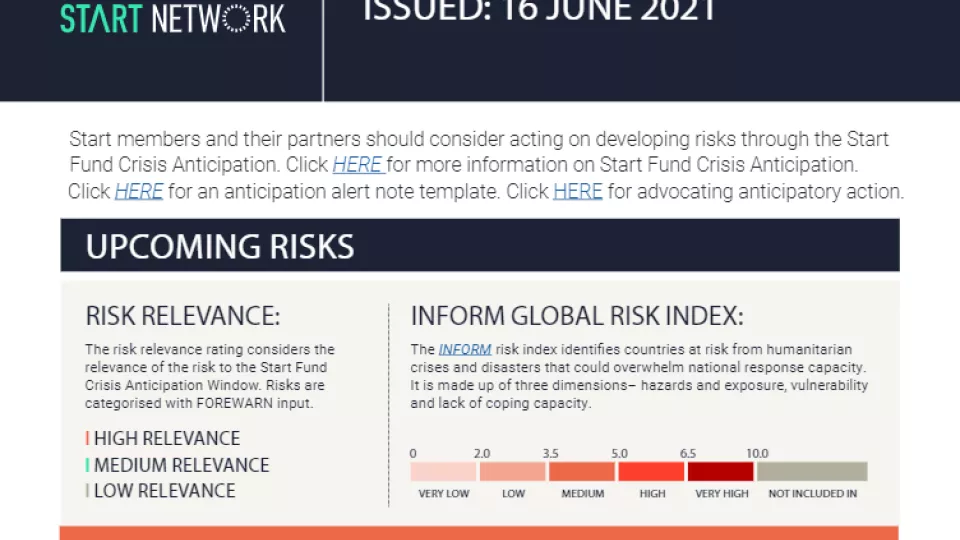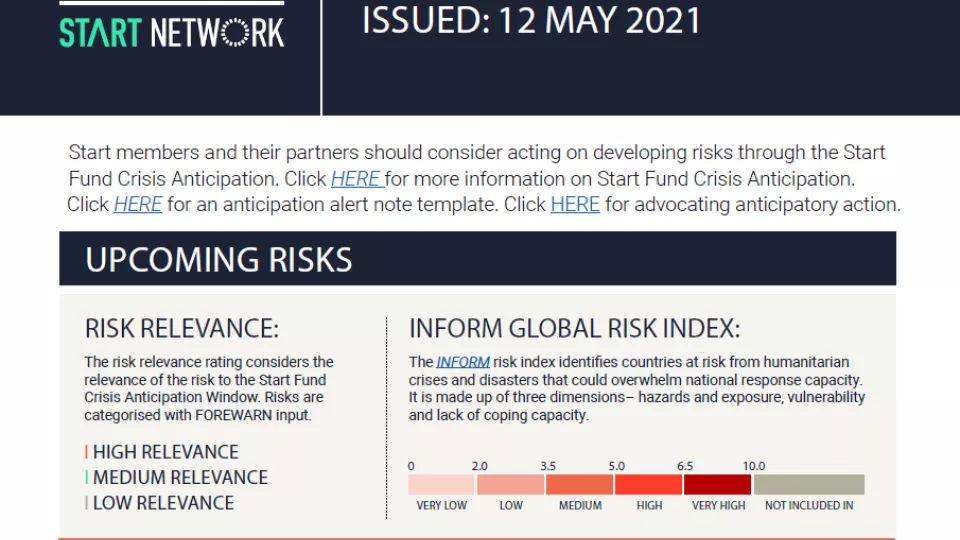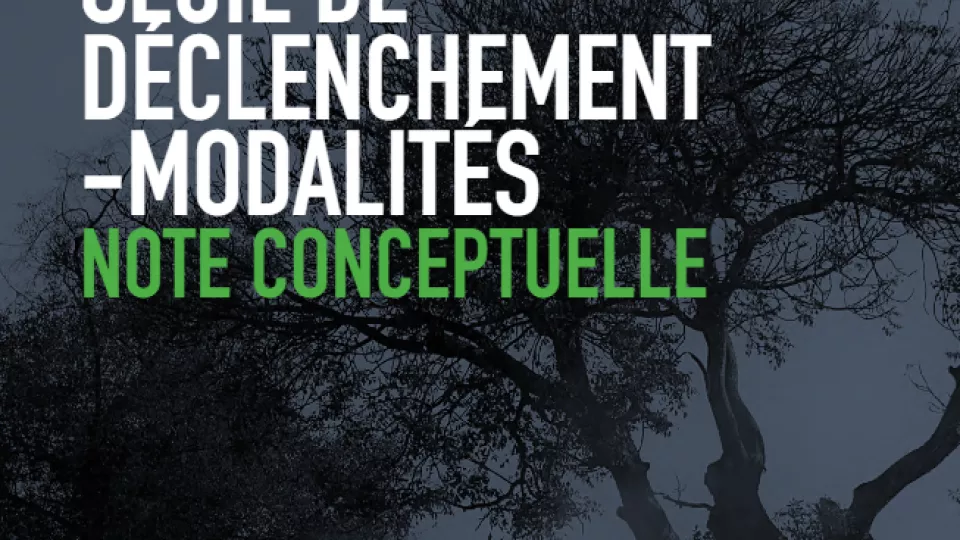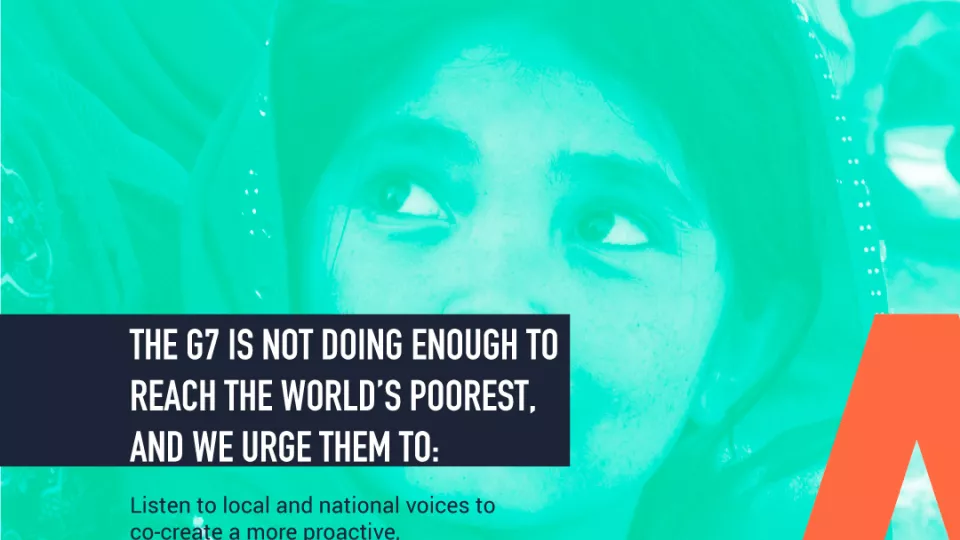
PRESS & MEDIA KIT: G7 SUMMIT 2021
Start Network is a global network of more than 50 Non-Governmental Organisations, working across six continents. The aim of the network is to tackle what it sees are the biggest systemic problems in the humanitarian action sector and to transform humanitarian action through innovation, fast funding, early action, and locally led action.

